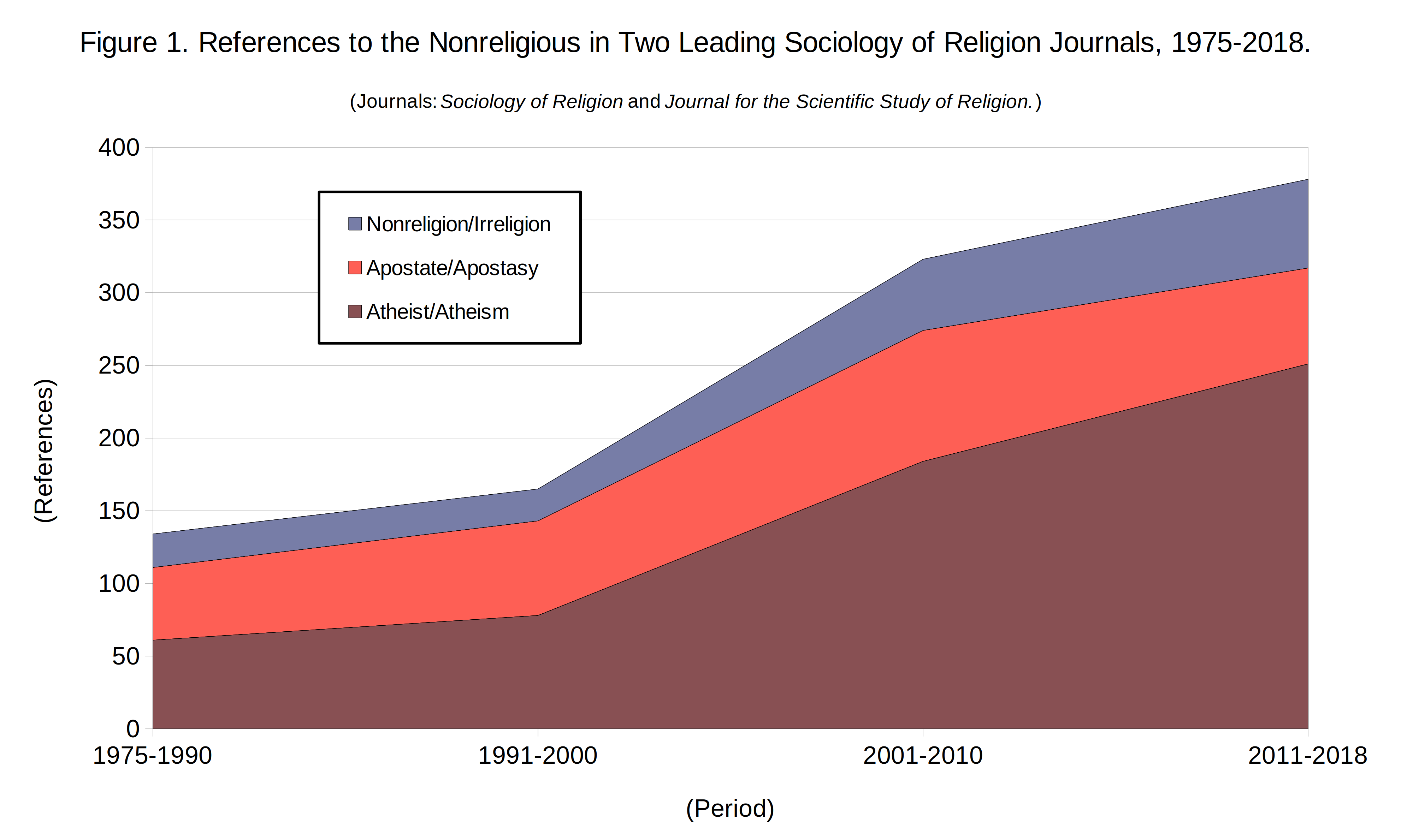
The Beliefs of Nonbelievers: Exclusive Empiricism and Mortal Finitude Among Atheists and Agnostics
Citation:Blankholm, Joseph, Ryan Cragun, Abraham Hawley Suárez, and Shakir Stephen. 2024. “The Beliefs of Nonbelievers: Exclusive Empiricism and Mortal Finitude Among Atheists and Agnostics.” Sociology of Religion srae003. doi: 10.1093/socrel/srae003. You can download this article here.
Read More

Beyond Doubt: The Secularization of Society
Demonstrates definitively that the secularization thesis is correct, and religion is losing its grip on societies worldwide In the decades since its introduction, secularization theory has been subjected to doubt and criticism from a number of leading scholars, who have variously claimed that it is wrong, flawed, or incomplete. In Beyond Doubt, Isabella Kasselstrand, Phil […]
Read More

Does Interfaith Programming on College Campuses Influence Attitudes Toward Religious Minorities?: A Case Study
Citation:Cragun, Ryan T. 2022. “Does Interfaith Programming on College Campuses Influence Attitudes Toward Religious Minorities?: A Case Study.” Research in the Social Scientific Study of Religion 32:238–61. This article can be downloaded here. (Image created by Easy Diffusion v2.5.48.)
Read More

Religiosity and Happiness: Much Ado About Nothing
Citation:Cragun, Ryan T., and David Speed. 2022. “Religious and Non-Religious Perspectives on Happiness and Wellbeing.” Pp. 167–91 in Religious and Secular Perspectives on Happiness and Wellbeing, Routledge Studies in Religion, edited by S. Sugirtharajah. London: Routledge. This book chapter can be downloaded here. (Image generated using Easy Diffusion v2.5.48)
Read More

Secularity and Nonreligion
Citation: Smith, Jesse M., and Ryan T. Cragun. 2021. “Secularity and Nonreligion.” in Bloomsbury Religion in North America, edited by J. M. Smith and R. T. Cragun. London: Bloomsbury Academic. This chapter can be downloaded here.
Read More

We Do Not Think It Means What They Think It Means: A Response to Thunström et al
Citation:Cragun, Ryan T., and David Speed. (forthcoming.) “We Do Not Think It Means What They Think It Means: A Response to Thunström et al.” Journal for the Scientific Study of Religion. doi: . This response can be downloaded here.
Read More

Non-Religion and Atheism
Citation:Schaffner, Caleb, and Ryan T. Cragun. 2020. “Non-Religion and Atheism.” Pp. 242–52 in Handbook of Leaving Religion, edited by D. Enstedt, G. Larsson, and T. T. Mantsinen. Leiden: Brill. This chapter can be downloaded here. (Image generated using DALL-E 3.)
Read More

Questions You Should Never Ask an Atheist: Towards Better Measures of Nonreligion and Secularity
Citation: Cragun, Ryan T. 2019. “Questions You Should Never Ask an Atheist: Towards Better Measures of Nonreligion and Secularity.” Secularism and Nonreligion 8:1–6. doi: https://doi.org/10.5334/snr.122. This article can be downloaded here. (Image generated using DALL-E 3.)
Read More







